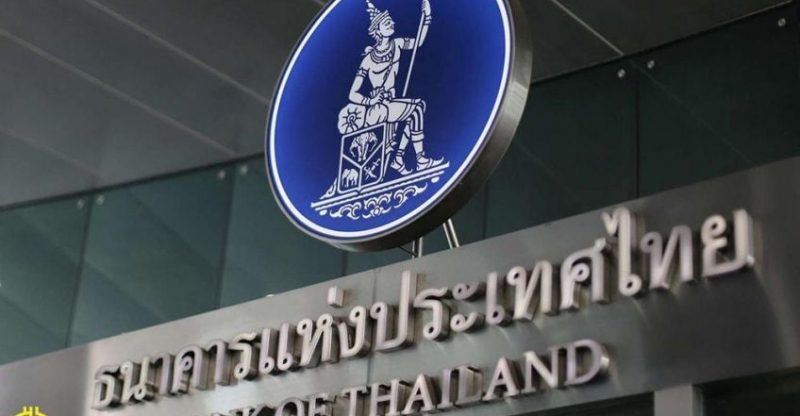The Bank Of Thailand Announced That Financial Institutions Can Now Engage In Cryptocurrency activities.
The central bank of the unitary state at the center of the southeast Asian Indochinese peninsula, Thailand recently announced to the general public that financial institutions such as commercial banks along with their subsidiaries can now engage in cryptocurrency activities. They also include securities, asset management, and insurance firms. This follows the country’s crypto regulatory framework that went into effect a month ago.
The Bank of Thailand (BOT), released a circular on the 1st of August for all financial institutions in the country. This new circular had all the new crypto policies for its financial institutions. BOT had previously issued a circular back for cryptocurrencies and initial coin offerings (ICO), however, the BOT later on canceled that one. At that time, the central bank asked financial institutions to refrain from getting involved in certain types of crypto activities. The new circular released by the Bank of Thailand notes that the conditions under which financial institutions and their subsidiaries can now engage in activities involving cryptocurrencies and digital tokens. These new rules are divided into two broad categories that are to those that apply to financial institutions and those that apply to their subsidiaries.
Within a financial institution’s set of companies, they mostly have subsidiaries that provide financial products and services like insurance, and life insurance. Nonetheless, these companies also have their own regulatory bodies. A couple of examples could be the Thai Securities and Exchange Commission (SEC), which brokerage firms comply to. The Thai Office of Insurance Commission (OIC) is the regulator responsible for insurance firms. The BOT states that these companies are now permitted to engage in crypto businesses including issuing digital tokens and investing in cryptocurrencies providing they follow the rules set by their respective regulators.
As for the rules of the financial institutions, which include commercial banks, are much stricter. Noting that the crypto industry is still young and therefore difficult to clearly assess and manage associated risks, however, the BOT believes that customer confidence and the country’s financial system as a whole could be affected by financial institutions holding cryptocurrencies. It, later on, proceeded to list four areas that financial institutions are requested to not engage in.
The BOT notes down two points, firstly, they cannot issue digital tokens or provide any service selling them. Secondly, they cannot invest in digital assets which includes “both tokens and cryptocurrencies.” In addition to that, they must not engage in crypto businesses, including exchanges, brokers, or dealers. Lastly, they cannot solicit or give advice on crypto investments to anyone that is not an institutional or accredited investor as defined by the SEC.
Lastly, as stated by a news outlet Krungthep Turakij, financial institutions can issue or invest in cryptocurrencies for the purpose of developing or improving their services to customers by applying for the regulatory sandbox.





